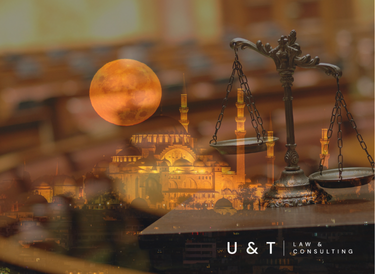Criminal Law
Criminal law is a branch of public law that regulates criminal acts and the legal penalties for these acts. Its main goal is to protect social order and the fundamental rights of individuals. Crimes such as intentional killing, fraud, embezzlement, threats, drug trafficking, sexual offenses, forgery, and abuse of power fall under this field. These accusations do not only create legal consequences. They also affect a person’s freedom, reputation, and social life. Because of this, criminal cases must be handled with legal expertise and strategic thinking.A criminal case goes through many stages. These include police questioning, the prosecutor’s investigation, court hearings, and if needed, appeals. During these stages, the presumption of innocence is essential. A person cannot be seen as guilty until there is a final decision by a court. Another important rule is the right to be protected from unjust harm to one’s reputation. This right ensures that people do not suffer unfair damage to their name or image during an investigation. Even if there is an allegation, no one should be treated like a criminal unless there is clear and lawful evidence.At Uzunpınar TÜFEK Intern..










